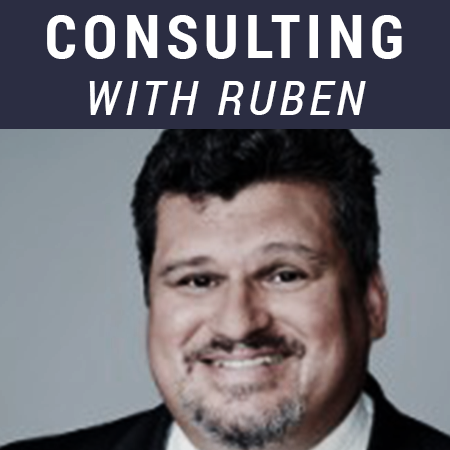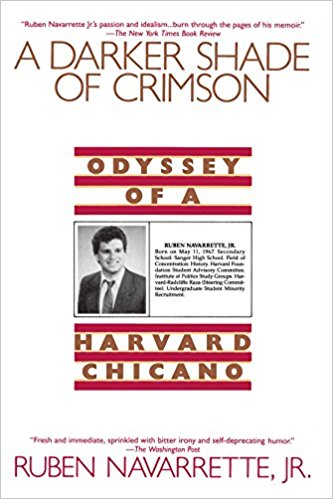As for New Year’s resolutions, I’m forgoing the personal this year and thinking bigger. What’s on my mind is what’s best for America.
And to that end, here’s the perfect aspiration for our country in these dramatic and divided times: Let’s all band together to stamp out elitism. This “-ism” can be just as distasteful as some of the more notorious blights that America confronted in the 20th century such as fascism, racism, nativism and ethnocentrism.
Elitism seems to be just about everywhere — perhaps because it’s part of human nature.
It’s in our history books. In 1787, when the Framers gathered in Philadelphia to create a Constitution that would guide the fledgling republic, the seats at the table were reserved for white men with property.
You’ll find elitism in the modern legislative process. When lawmakers in both parties discuss legalizing undocumented immigrants, they feel most comfortable skimming the cream by offering a special accommodation to high-achieving “Dreamers” who attend college.
Our politics is driven by it. Donald Trump convinced white working-class voters in the industrial Midwest (Wisconsin, Ohio, Michigan and Pennsylvania) that he understood their economic fears and that he could bring back jobs. Meanwhile, Hillary Clinton embodied the qualities that repel people away from elitists — arrogance, smugness, condescension, detachment and disdain for those with different values and beliefs.
Elitism sometimes makes a cameo appearance in our debates over controversial issues. At the moment, conservatives can’t wait to fix something that isn’t broken — i.e., the country’s process for admitting legal immigrants — by creating a merit-based system that would give affirmative action to immigrants who are well-educated and highly skilled.
So instead of continuing our country’s proud tradition of offering second chances to go-getters who struck out in their home country — a practice that builds fierce loyalty to this one — we’ll compete with other nations for the upper crust, the kind of people who are likely to think they’re doing us a favor by coming here. Who wants them?
It’s even in those lighter human-interest stories that follow any presidency. But whereas the media once framed the narrative that Bill Clinton’s love for fast food made him more human and allowed him to relate to everyday Americans, now reporters and commentators are wagging a disapproving finger at Trump, whose love for McDonald’s takeout is a deplorable health crisis.
And you can sure hear the screech of elitism in the feverish chatter by Beltway pundits about the soon-to-be-published blockbuster book by journalist Michael Wolff, “Fire and Fury: Inside the Trump White House.” Claiming to have spoken to dozens of current and former Trump aides and White House officials, Wolff paints a picture of a president who is dismissed — even by those who support him — as an “idiot” and a “dope,” with a short attention span, a lack of intellectual curiosity and no interest in reading. And that’s the nice part.
And yet, for all the recent sightings of elitism, the concept is still widely misunderstood. It’s not about money, class, privilege or status. It’s not about having access to power or being part of a protected group or breathing rarefied air.
It’s about how you handle any — or all — of these things. And when you don’t handle it well, and it goes to your head, it’s about thinking that you’re better than other people. When you’re not.
It’s an affliction that cuts across ideological lines. Conservatives act like they’re more patriotic than liberals, while liberals are convinced that they’re more compassionate than conservatives. Half the country is busy looking down their noses at the other half. And then, in an instant, the half being looked down upon changes the criteria and looks down on the first half.
Enough already. This needs to stop. For the good of the nation, and the well-being of its people, I can’t think of a better New Year’s resolution for America than to get rid of elitism.
The stakes are high. It’s a plague that is killing a great country — one insult, one eye roll, one snark at a time.
Ruben Navarrette Jr. writes for the Washington Post.





